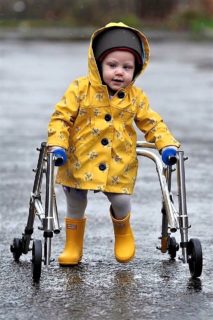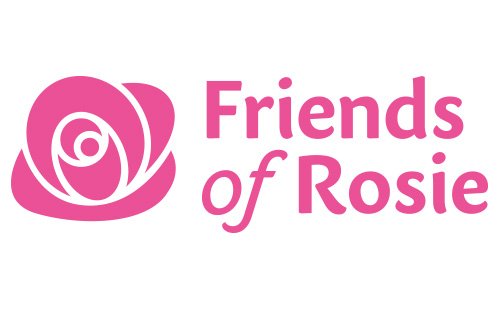We’re delighted to report encouraging results from our research project investigating the use of immunotherapy to treat childhood brain tumours that are resistant to conventional treatment methods. Results obtained so far and the great potential of this project have now led to a further £66,500 being granted by Friends of Rosie to continue this research for a second year.
During 2017/18 we funded a £65,000 project, conducted at the Manchester Cancer Research Centre facilities on the Christie campus in south Manchester, to research the use of immunotherapy to treat childhood brain tumours that have a poor prognosis.
The project is investigating the feasibility of using cells called Tumour Infiltrating Lymphocytes (TILs), created by a child’s own immune system, to shrink or destroy brain tumours in children, also known as immunotherapy. Solid tumours are made up of a variety of cells, not just cancer cells. TILs are white blood cells that have left the bloodstream and travelled into the tumour to destroy cancer cells. However, there may not be enough of them within the tumour to shrink or eradicate it.
Exciting findings
Dr Gray Kueberuwa, lead Friends of Rosie funded researcher, reveals the exciting findings from year one of this immunotherapy research, “Within tumours there is a constant battle. The immune system attempts to destroy tumours, while tumours attempt to adapt and evolve to survive this attack. In children that develop tumours, the immune system is losing the battle. Immune cells are often suppressed or “switched off” by the tumour cells.
“The past twelve months of this project have focused on four key areas. Firstly, we needed to adapt our methods to the use of small numbers of cells. When removing a tumour from a child’s brain it is clearly of the upmost importance not to inflict damage. This is often the barrier to surgeons being able to remove the whole tumour. Then, once removed, the majority of the tumour will be used by the diagnosing doctor to characterise the type of tumour and therefore, the types of treatments that stand the best chance of working. This leaves just a small sample for our research.
“So we needed to come up with an effective way to grow more TILs in the lab. We did this by using other tumour types, such as breast cancers, to identity the best conditions for growth. We then obtained two childhood brain tumour samples and applied these techniques to grow more TILs.
Next steps
The next stage of the project was to better understand the component parts of the TILs using a process called cytometry. Says Dr Kueberuwa, “During this project we were able to use the most advanced technology to analyse the cells. This allowed us to identify the immune cells present in the brain tumour samples in a way that has not been possible before now.”
The final step was to see how the lab-grown immune cells affect the tumour. A new and advanced measurement method was used to measure multiple parameters of the immune response. This showed that TILs activated their cell-killing mechanisms when they were in contact with tumour cells, providing evidence that they could potentially be developed as a therapy for paediatric brain tumours.
These promising first year findings led to the Friends of Rosie Scientific Advisory Board (SAB) recommending a further year of funding for this project. Says SAB Chair, Professor John Hickman, “The results we’ve seen so far are very exciting as they provide evidence that TILs and immunotherapy could have the potential to be used as a therapy for rare childhood brain tumours. This second year of funding is needed to obtain more samples to investigate whether the results seen so far are reproducible in other types of childhood brain tumours, particularly those with very few treatment options.”
In May 2017, 20-month old Gracie Greenwood lost her battle with cancer after a nine-month fight against an extremely rare brain tumour. Says Gracie’s mum, Lauren, “I wish something like this had of been available when Gracie was diagnosed. It would be amazing if there was a treatment for children in the future so other parents would not have to suffer the horrific pain of losing a child.”
In addition to the Royal Manchester Children’s Hospital, Alder Hey Children’s Hospital in Liverpool and potentially Birmingham Children’s Hospital will be joining the study to help enable access to more tumour samples.




